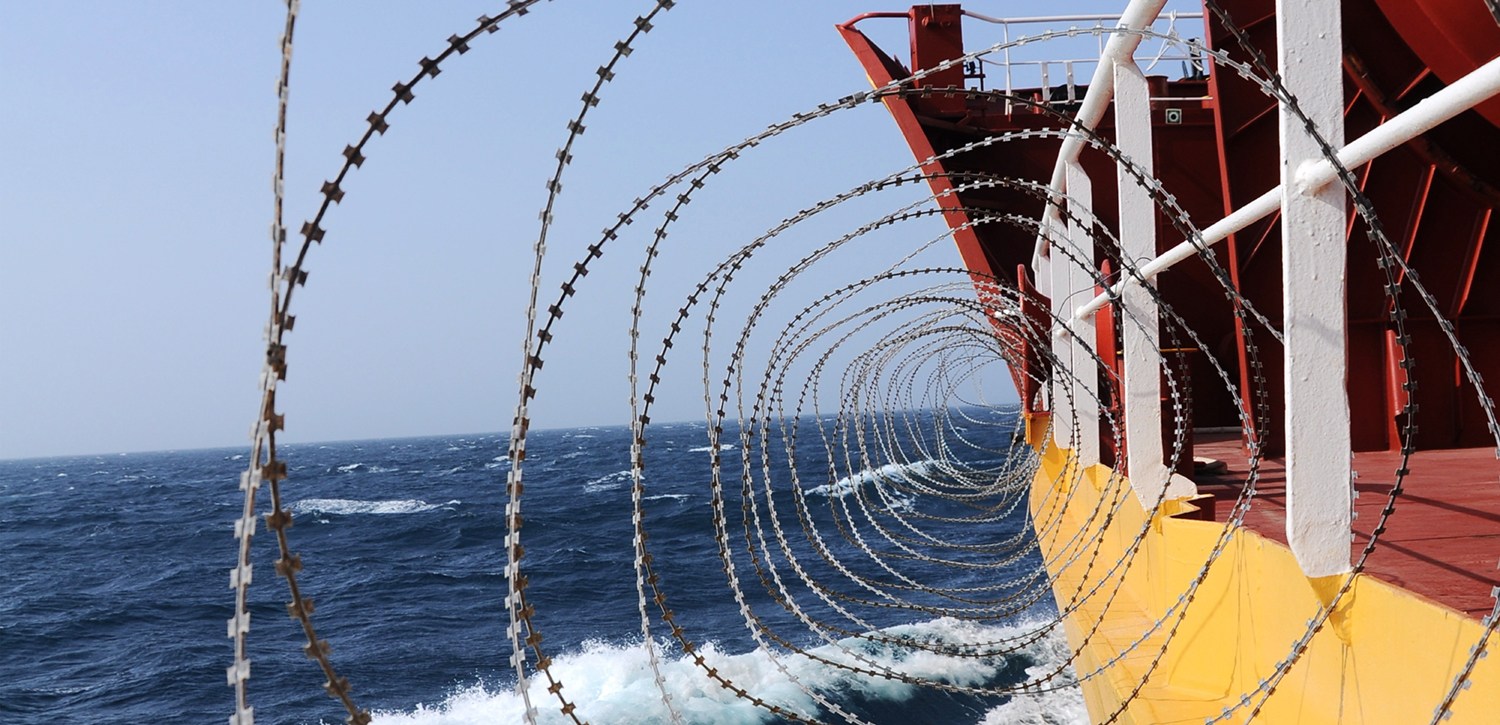Nigeria will implement the IMO concept of the entire government approach to maritime security.
The International Maritime Organization (IMO) is working to improve maritime security in West Africa by offering an innovative new program that includes the IMO concept of the entire government approach to maritime security. The program consists of integrated workshops and tailored support aimed at helping IMO Member States develop national maritime security committees, risk registers and strategies.
Peter Adams, Special Advisor to the Secretary-General on Maritime Security Issues at IMO explains that: "At IMO we believe that an inclusive approach that brings together key stakeholders is the one most likely to produce significant results. The program aims to create an intergovernmental committee that can use the risk register to objectively identify protection gaps and prioritize where to direct future policy-making, funding and capacity-building efforts. It also leads to the development of a maritime security strategy which provides the strategic objectives which explain how the Member State will ensure its maritime environment in the near future. We hope to replicate the IMO concept on the entire government approach to maritime security in other regions in the future. "
The program has been carefully designed based on IMO's experience in global maritime security, including assisting countries to implement IMO maritime security measures, such as the International Code for the Security of Ships and of port facilities (ISPS Code). The program offers a practical framework to support effective decision-making and governance in national maritime security, tailored to the specific needs of each Member State. Each element can be taught as a stand-alone unit or as an integrated program. Depending on the option (s) chosen, the term of the program can range from three to eighteen months.
Depending on available funding, IMO will work with the Member State to provide the overall framework, expert workshops and consultancy support. IMO will support Nigeria in the development of its national maritime security strategy, a project to be launched towards the end of 2021 and to be completed within 18 months.
Safer waters in West Africa
During a recent visit to IMO headquarters on 22 October by representatives of the Nigerian Maritime Administration and Safety Agency (NIMASA), the IMO Secretary General, Mr. Kitack Lim, received an update on maritime security. in Nigerian waters. Dr. Bashir Jamoh, Director General of NIMASA, cited data from the International Maritime Bureau (IMB) reports, which show a downward trend with a 40% reduction in piracy and armed robbery incidents in the entire Gulf of Guinea. In addition, he affirmed that during the first three quarters of this year there were 28 events, compared to 46 in 2020. In Nigeria there were four of these events, which represents a reduction of 77% compared to the 17 events recorded in the same year. 2020 period. Unlike last year, when the majority of events occurred outside territorial waters, almost all of the events mentioned occurred at anchorages and ports.
Dr. Jamoh attributed the significant reduction in maritime security events in Nigeria to deterrence, through the increased presence of the maritime surveillance service in the estuary regions, and to improved information and engagement with the population of the Niger delta. He also outlined a plan to strengthen protection in inland waters given recent events in those areas.
Highlighting the value of IMO's support for regional initiatives, the Director General of NIMASA stated that the security agency will shortly complete the works of its regional maritime training center in Lagos, which is expected to serve as a regional training center in search and rescue (SAR) and security matters. This is expected to build on ongoing regional cooperation with the West and Central Africa Maritime Organization (OMAOC) and the Joint Industrial Group (Nigeria and international maritime industry associations). Dr. Jamoh also highlighted the efforts made to improve the legal framework in the region with the adoption of legislation that provides for the enforcement and penalties for crimes against maritime security, including piracy.
NIMASA has been working to address socio-economic factors that contribute to piracy and maritime security issues, such as unemployment, poverty, lack of educational opportunities, etc. There has been a positive impact from an ongoing maritime education program to provide alternative employment opportunities and scholarships for youth in affected areas. By training these individuals as future sailors, fishermen, maritime personnel, and local marine litter inspectors, the program creates economic opportunities and addresses the maritime skills gap.

Add new comment